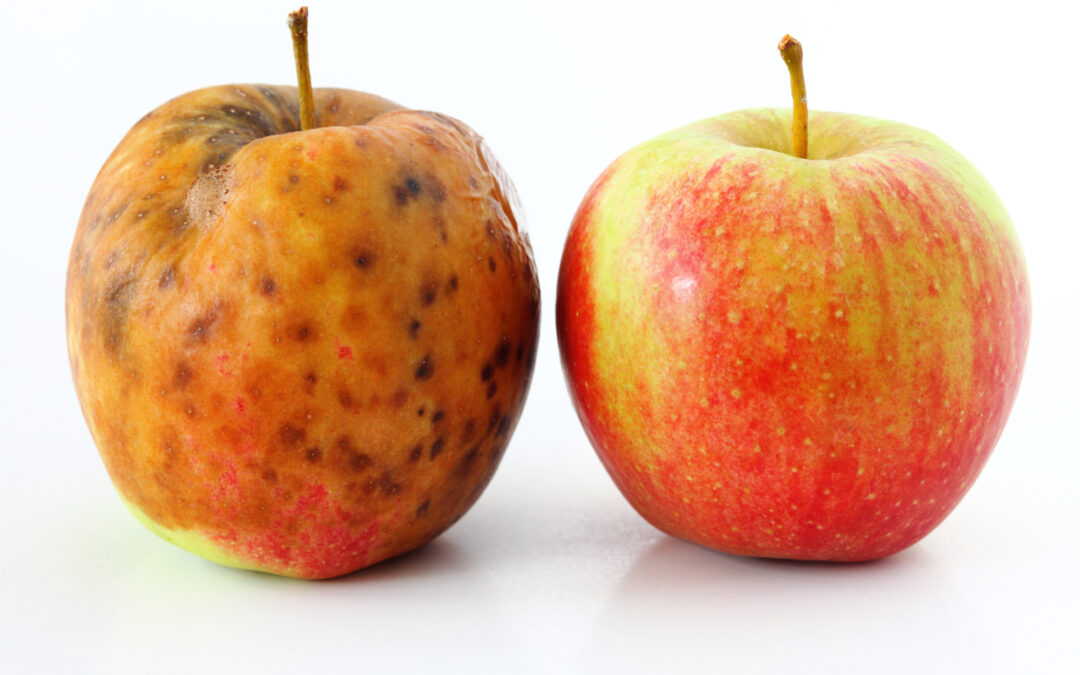I’m here to say that all police officers aren’t bad. However, troubled by the obvious, and most recent, “bad practice” in policing, I needed to affirm that by having a conversation with one who I have trust in on the matter, a relative who is a former police officer.
I began by mentioning that I have cognitive dissonance with understanding how one “sworn to protect and serve” can watch and observe in silence when another officer brutalizes or kills a citizen. The solution seemed simple, “Why can’t the “good” officers just weed out the “bad” officers?”
My relative acknowledged that the Floyd case was a matter of terrible policing and quite frankly, disregard for human life. However, he also responded with a question for me. He asked, “Do you know any bad teachers?” He knew the answer as did I. He followed up with, “Why haven’t you weeded them out yet?”
As you can imagine, I was caught off guard with what seemed like a simple ask. In a split second, he made me do a double-take on what officers tolerate in their departments and what educators often accept within their school buildings.
We compared the work of the two professions and recognized that there are some key similarities. First, human centered work ain’t easy. As humans, we all have biases, intentionally or unintentionally, and we operate in that thinking. Also, both professions are hailed as vital services to society, however, the pay and prestige suggests otherwise. Equally, in both professions, the training in how to be most effective is often inadequate. Lastly, we agreed that the greatest means of finding success in these professions are by developing relationships and establishing yourself as a friend, ally, and asset in whatever community you serve.
We also saw a similarity in the one major difference. The major difference is that when an encounter with an officer goes wrong, it can result in an immediate loss of life as we’ve seen in many cases across the country. However, the similarity is that a bad teacher may not produce a sudden death but could certainly be a part of a long, slow process of dehumanization. We see that “death” represented in academic outcomes as well as a school-to-prison pipeline that disproportionately impacts kids of color. Imagine believing and being labeled as a bad student because your teachers failed you and suspended you starting in preschool?
Our conversation also led to how many in both professions oftentimes turn the other way to the behavior of colleagues that needs to be addressed. We hear people say, “it’s not my business if my colleague is unfair or unjust.” Some educators casually ignore patterns that need to be fixed and rectified. We shouldn’t have traumatic situations jump off in our schools and in the back of our minds we’re thinking, “Yeah I always knew that Smith could do something like that.” Does that mean one is complicit in that incident?
Just as with bad police officers and society, many teachers in schools have a social contract that has been broken. The social contract requires everyone in that community to treat people with dignity and respect and a violation of those norms should lead to consequences and accountability. Both professions should be vessels for which to protect and serve.
But, when that social contract in education is violated then we see students who are “protesting” through disengagement and insubordination. When bad educators fail to connect with students and value who they are, students withdraw to their own devices in an effort to belong. I haven’t met many students who want to follow rules and appease people in a system that doesn’t seem to care for them.
In this conversation with my family member I was reminded that to live in a just society, we all have to respect that social contract and promote the full humanization of every being, in every space. However, to get there, we have to first acknowledge when the contract is broken and in need of repair.
Again, human relations professions are not easy and require continuous training to understand the humans we serve. In education, we need to invest in teachers’ professional development and growth to be reflective practitioners, but we also have to call out those who refuse to acknowledge their bad practice and are doing harm to kids.
I’m hoping this piece shines a reflective light on the various “walls of silence” and how we all have to be better in disrupting systems and institutions that ignore or justify bad practice. It won’t be easy to call out everyone because it takes a lot of effort to do your job and “police” deficit thinkers and growth challenged colleagues. However, as members upholding a social contract, educators have an obligation—just like with police officers—to continuously recognize that a few bad apples can take a life, and we need to fight like hell to not allow that to happen anymore.


Recent Comments